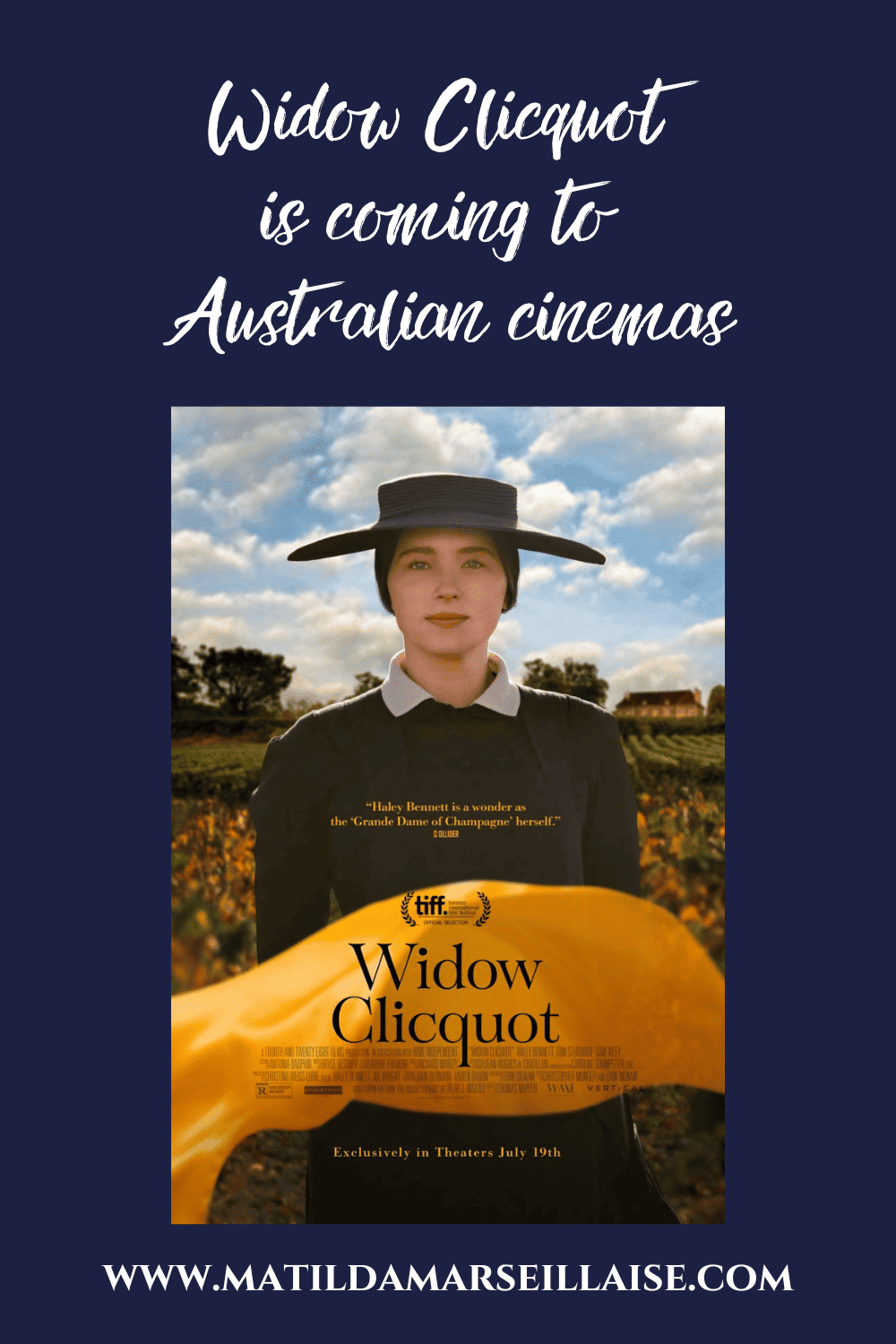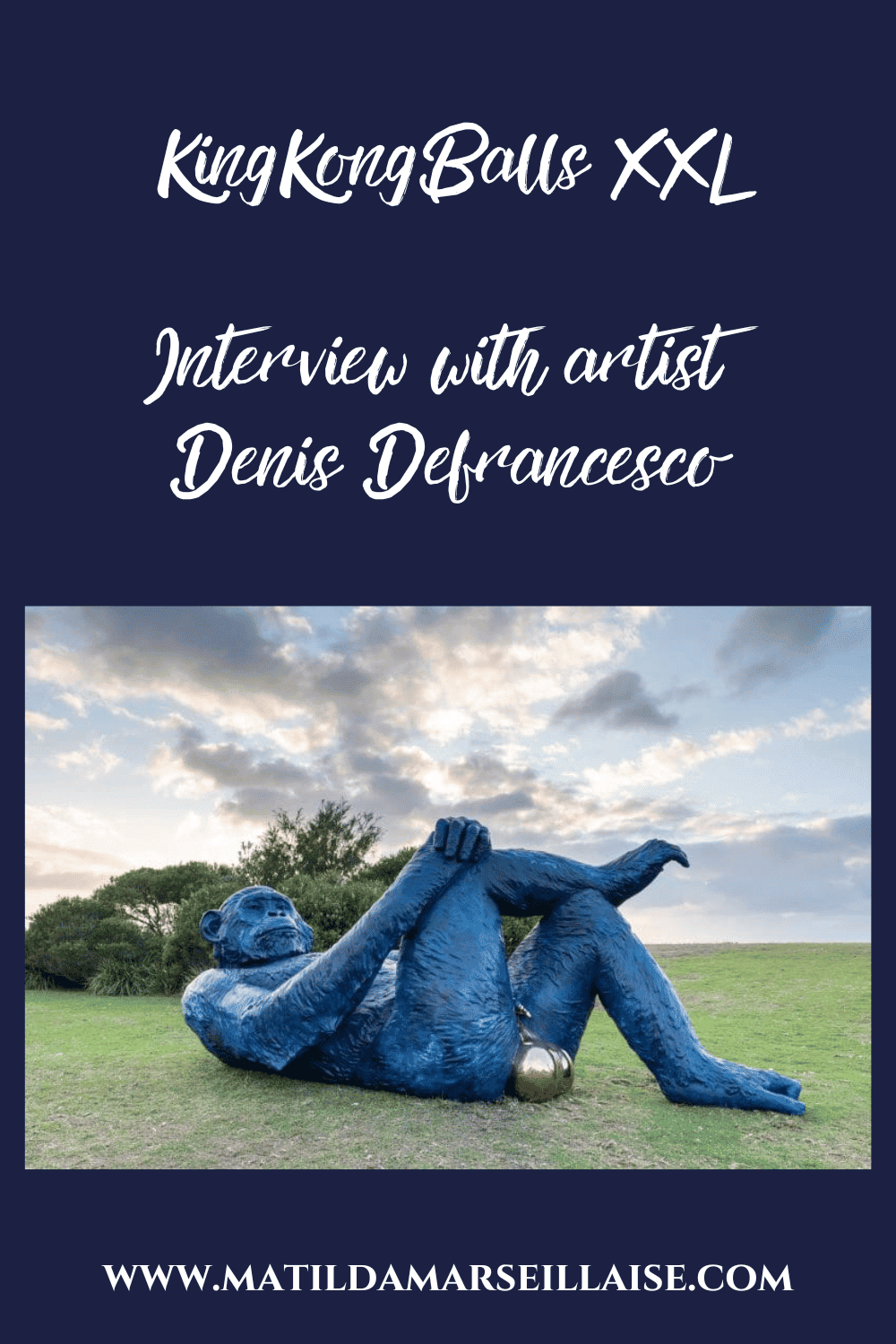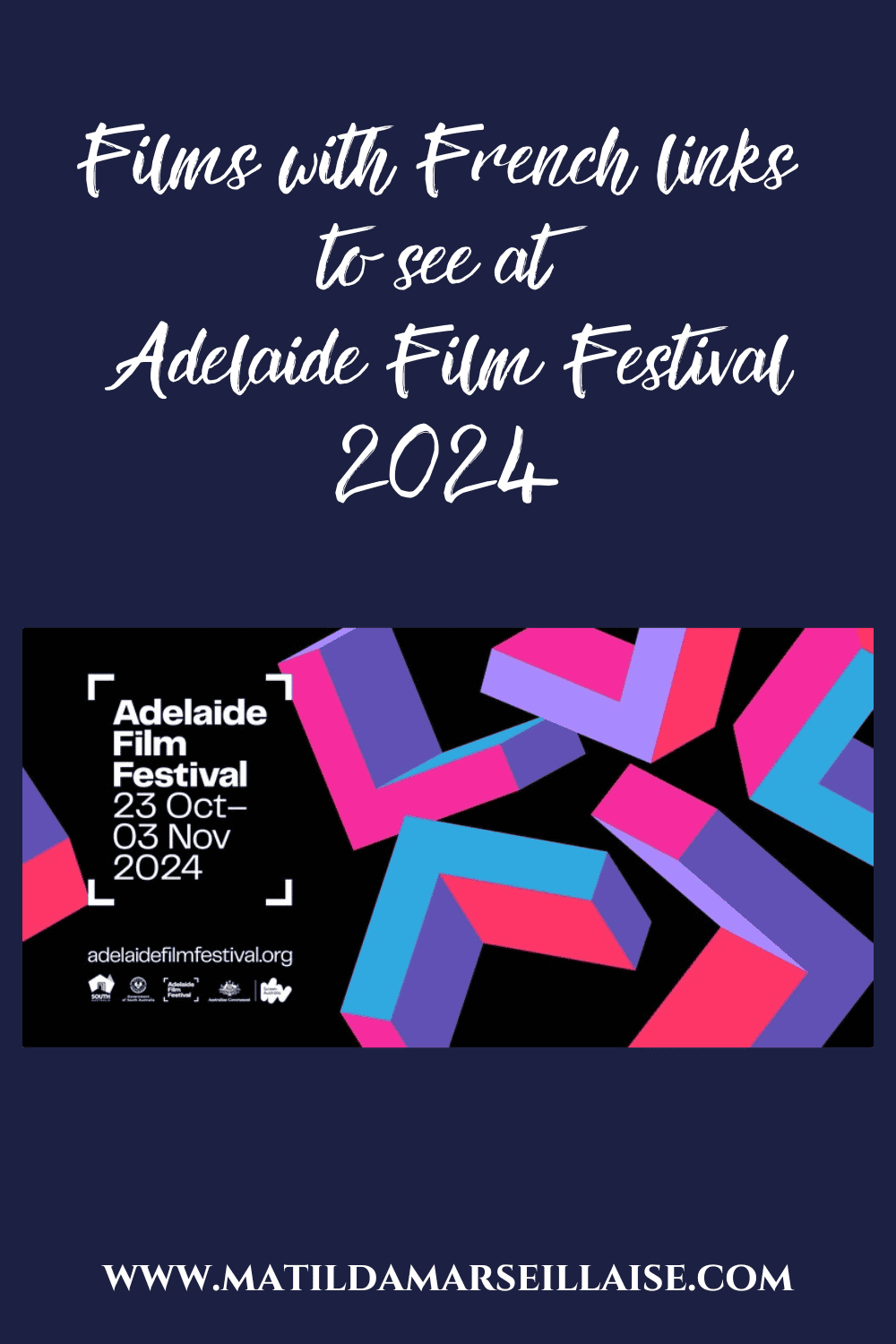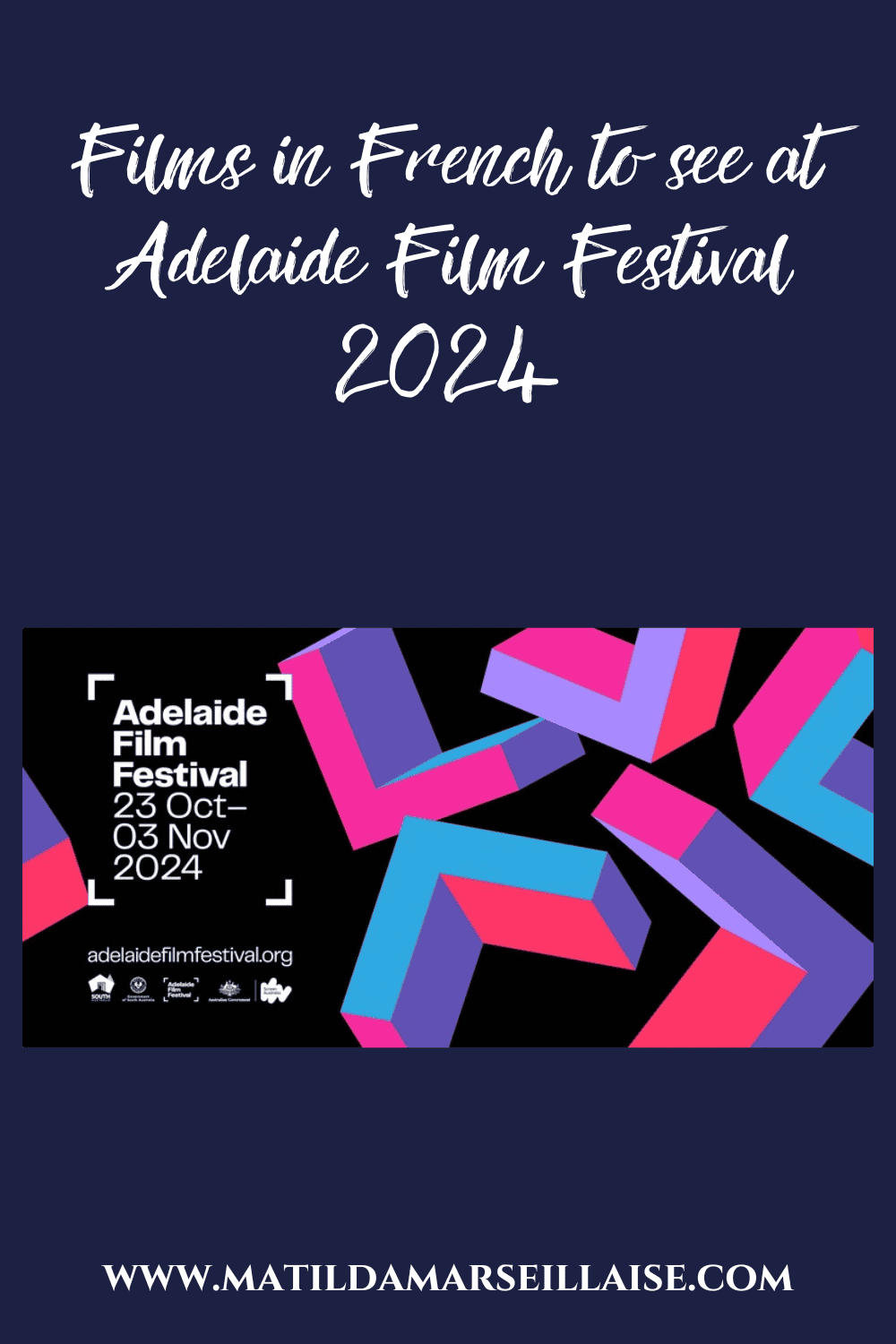The Constantinople ensmble returns to WOMADelaide this March after having last come to the festival in 2018. Last time they came with Ablaye Cissoko. This time they are coming with the Belgian-Tunisian singer Ghalia Benali. We spoke to Kiya Tabassian, the artistic director of Constantinople. Read our interview with him below.

You’re coming to WOMADelaide again, this time with Ghalia Benali. How did you meet?
We met not far off of five years ago. We knew each other anyway through the world music scene, through recordings, through reputation. But we met because I was working on a project In the footsteps of Rumi, and I was looking for a singer who could sing Rumi’s Arabic poems. A festival director had put us in touch. But before we met through this particular project, we met by chance on another project of a mutual friend in Spain, in Seville. So we met in Seville. We were both guest artists of the other.
So you had already worked together?
Yes. So we Yes. So we ended up there and it was a perfect fit from the first meeting. We get on well and it was very timely so we knew we wanted to do a nice project together and that’s what became In the Footsteps of Rumi.

You put on a concert under the same title of the album in June 2019 but the album wasn’t released until last year. Did COVID delay the release of the album?
Yes, exactly. So June 2019 was the creation of this project. We waited for a year, a year and a half, we did tours and concerts and then we recorded I think in 2000. Then there was COVID. So we waited a little while to tour the concert and to release the album.
But in fact you performed concerts before the album was recorded. You did things around the opposite way to the usual?
I always like the music I make to live a little in concert because for me music matures in contact with the public. I like to do concerts before [releasing an album], at least five to ten concerts, so that the music can be experienced, heard, exchanged with the public, so that it can be forged in this way, and afterwards, we record it and afterwards we do more concerts.
And that way you can see what the audience thinks. If there are songs they like better than others, you choose some more than others for the album?
Actually, yes and no. What is important in your point is the reaction of the audience. For me, the reaction is very important, as is the way people react to the music. And so, sometimes we improve parts, pieces, songs because we see that this part has the most impact. For me, it’s very important that my music has an impact. I make the music so that it can have an impact on the people who listen to it. And this impact can be moments of extreme calm, it can be moments of appeasement, it can be moments of reflection, it can be moments of inner excitement. But what I’m trying to do with my music and my colleagues is to do good for people because we think our world needs it more than ever.
That’s certain. So this album and this collaboration uses Rumi’s work. What is the significance of Rumi’s works?
Rumi was a poet who wrote something much more than poetry. He wrote. He was a great thinking philosopher and he was a great master during his lifetime, he was one of the most respected masters at the spiritual level and at the philosophical level. But what is interesting is that when he was about 30 – 35 years old, he meets someone called Shams, who was a great madman and transforms Rumi’s vision into an even deeper vision that is almost against the wisdom of madness.
And from that moment on, all his poetry becomes tinged with an extraordinary light. When I read him in Persian, because it’s my mother tongue, it has an effect. But even when you read the translations of Rumi’s poems – he wrote poems and prose too, he wrote the texts – when you read Rumi’s texts, there is a connection with the interior of each person that is established, with a depth that is always good. What I like about Rumi’s poetry is that connection to the depth inside ourselves that doesn’t plunge us as individuals inside ourselves, but connects us at the same time. Rumi’s poetry always has this effect. It has an effect and that’s why I like to sing it and I like to be inspired by it to make music. Music that has the same approach. Music that will touch people but also bring them together.
And what was the creative process for this project?
It’s very interesting because I worked a lot with Ghalia as a co-composer. We composed a lot together. And we selected some of Rumi’s poems. Some of the poems were written in Persian and some of the poems are written in Arabic.
That’s interesting.
What’s interesting for me is that he was a poet who spoke several languages and who could say poetry in several languages.
Like you!

Yes, I also use myself as an example. And what is interesting is how to mix these languages with music. And like Ghalia sings in Arabic and I sing in Persian. How we mixed our voices together. So it was a whole compositional process that mixed poetry, languages, music, our respective visions of music. It was a very interesting and enriching process.
Once Ghalia and I had put together the structure of the pieces, let’s say the main line of each piece, then we sat down to work with the musicians, where each musician also brought his or her own know-how and proposals. So it’s really a collective work directed by me and Ghalia, but there is a whole collective effort at the creative level.
With the other members of the Constantinople ensemble.
Exactly. So, for me, it’s important that the music stays alive, even if we play compositions that have already been composed, there’s a part of improvisation that’s always integrated into the pieces, a part where each musician can let his or her own personality shine through.
How many of you will be on stage at WOMADelaide?
On stage we will be seven musicians this time, including Ghalia.
Last time you came to WOMADelaide in 2018 with Ablaye Cissoko. How will your concerts this time be different to then?
It’s a completely different programme because it was completely new pieces. There are other instruments on stage. I still play the setar, the same instrument, but then there are several other instruments on stage: the qanoun, the oud, the kamānche. All these instruments that come either from Iran, or Turkey, or countries where there is Arabic music because there really is the meeting between these different musical cultures also within the project. So new instruments and new pieces.
Do you find that the sound with Ghalia Benali is different from the project you did with Ablaye Cissoko?
Yes, the sound is going to be a little bit fuller because the ensemble is bigger, with a lot of different instruments, so a bigger sound palette, so more sound textures. And Ghalia’s voice is of course very different from Ablaye’s or my voice and is absolutely to be discovered. She has a voice, a presence and a stage presence that is exceptional.
I also see that when you are at WOMADelaide, you also participate in Taste the World. Normally you will be cooking something and also there will be a workshop. Can you tell us a little bit about that?
Yes, the workshop will be about the presentation of these extraordinary instruments that the musicians play.
And for Taste the World, what are you going to cook?
Taste the World I’m going to make a very good dish. The name is in Persian, a bit complicated, but it’s called Fesenjoon. It’s a dish with Persian rice, Iranian rice, saffron rice. The dish is like a stew with meat and crushed nuts.
That sounds good!
It’s going to be good, I think. It’s one of my kids’ favourite dishes.
—
We thank Kiya Tabassian for this interview and look forward to seeing Constantinople with Ghalia Benali at WOMADelaide.
KEY INFO FOR CONSTANTINOPLE AND GHALIA BENALI AT WOMADELAIDE
WHAT: The ensemble Constantinople in concert with Ghalia Benali
WHEN: Constantinople and Ghalia Benali will perform two concerts at WOMADelaide:
- Friday 10 March at 6:40pm
- Sunday 12 March at 2:30pm
The ensemble will lead a workshop on Saturday 11 March at 2:30pm and Kiya will cook fesenjoon at Taste the World on Monday 13 March at 7:15pm.
HOW: Purchase your tickets via the WOMADelaide website https://www.womadelaide.com.au/tickets
HOW MUCH: Tickets for Saturday are now sold out. You can still buy single day tickets for Friday, Sunday and Monday.
Friday (Constantinople will be performing that night)
- adult $166
- concession $148
- youth (13 to 17) $103
- child (under 12 with an adult) free
Sunday (Constantinople will be in concert that day)
- adult $225
- concession $198
- youth (13 to 17) $137
- child (under 12 with an adult) free
Monday (Constantinople will not be performing but will be in Taste the World on this day)
- adult $225
- concession $198
- youth (13 to 17) $137
- child (under 12 with an adult) free
More WOMADelaide content
DJ GUTS will take you on a musical voyage at WOMADelaide next month
Madeleine Peyroux brings her Careless Love Forever tour to Australia
French-Moroccan group Bab L Bluz comes to Australia for the first time
San Salvador from San Salvadour in France will play WOMADelaide 2023





